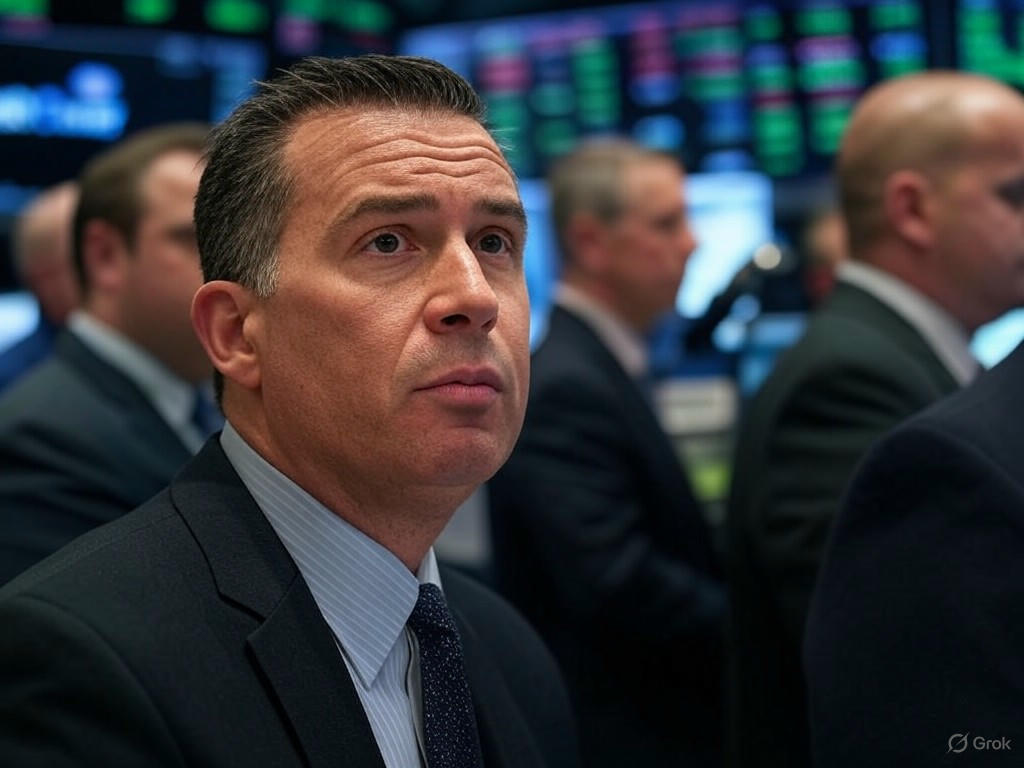Global Markets Tumble as Tensions Rise After U.S. Strike on Iran
The financial world is on edge as geopolitical tensions flare following a U.S. military strike on Iranian nuclear facilities over the weekend. European stock futures took a sharp nosedive in early trading, reflecting investor anxiety over potential retaliation from Tehran. Meanwhile, oil prices surged, fueled by fears of supply disruptions in the already volatile Middle East region. This latest development has sent shockwaves through global markets, with traders bracing for uncertainty in the days ahead.
The strike, described by U.S. officials as a preemptive measure to curb Iran’s nuclear ambitions, has heightened an already tense relationship between the two nations. While details of the operation remain scarce, the immediate market reaction underscores the fragility of investor confidence during periods of geopolitical strife. European indices, often seen as a barometer of global risk sentiment, saw futures contracts drop by as much as 2% in pre-market trading. Analysts warn that a prolonged conflict could further destabilize equity markets, pushing investors toward safe-haven assets like gold and government bonds.
Oil markets, on the other hand, reacted with a predictable spike. Brent crude prices climbed over 3% within hours of the news, as concerns mounted over potential disruptions to supply routes in the Strait of Hormuz, a critical chokepoint for global oil shipments. Iran, a significant player in the energy sector despite international sanctions, could retaliate by targeting key infrastructure or escalating naval activities in the region. Energy experts caution that sustained high oil prices could stoke inflation, adding another layer of complexity to an already challenging economic landscape.
Beyond the immediate market movements, the broader implications of this conflict are weighing heavily on business leaders and policymakers. Companies with exposure to the Middle East are reevaluating risk management strategies, while central banks may face pressure to adjust monetary policies if energy costs continue to rise. For now, the focus remains on Tehran’s next move. Will Iran opt for diplomatic channels to de-escalate the situation, or will it pursue a more aggressive response that could further inflame tensions? The uncertainty is palpable, and market participants are keenly aware that the stakes are extraordinarily high.
As the world watches and waits, one thing is clear: the ripple effects of this military action will be felt far beyond the borders of Iran. Investors are urged to stay vigilant, with many adopting a wait-and-see approach before making significant portfolio adjustments. While some see potential buying opportunities in oversold equities, others fear that this could mark the beginning of a more protracted downturn. For now, the interplay between geopolitics and economics remains a dominant force shaping the global financial outlook, reminding us all of the delicate balance that underpins market stability.


